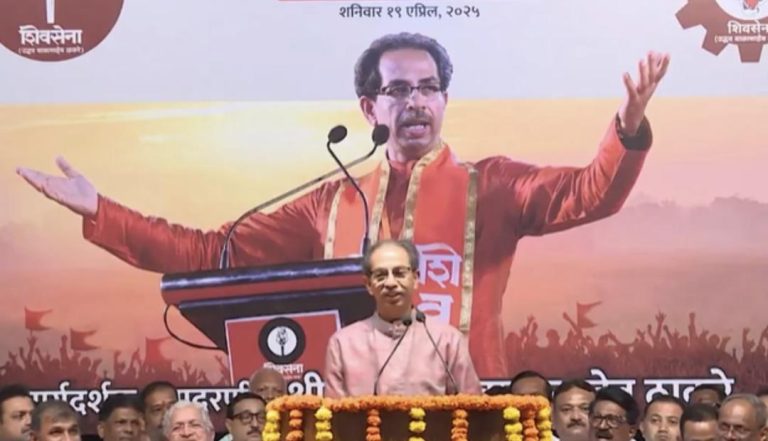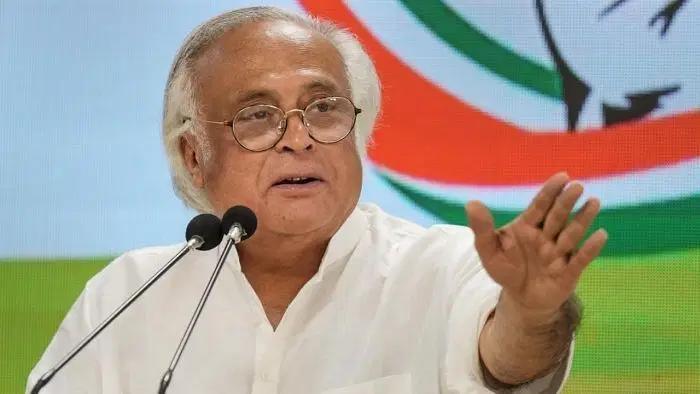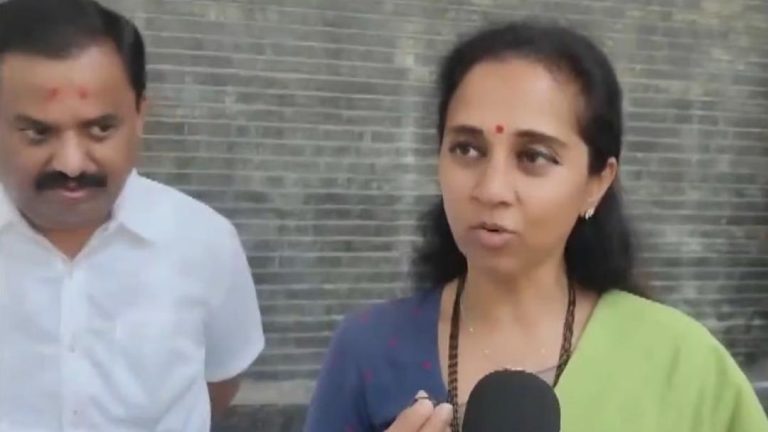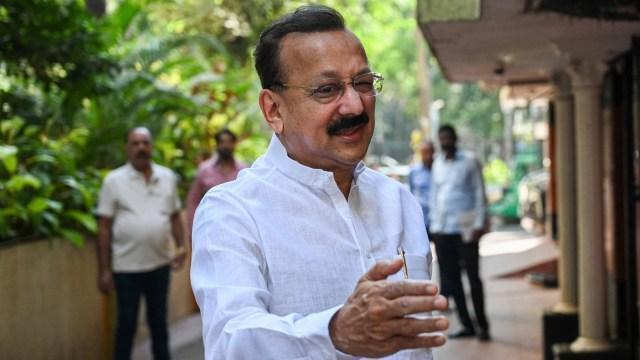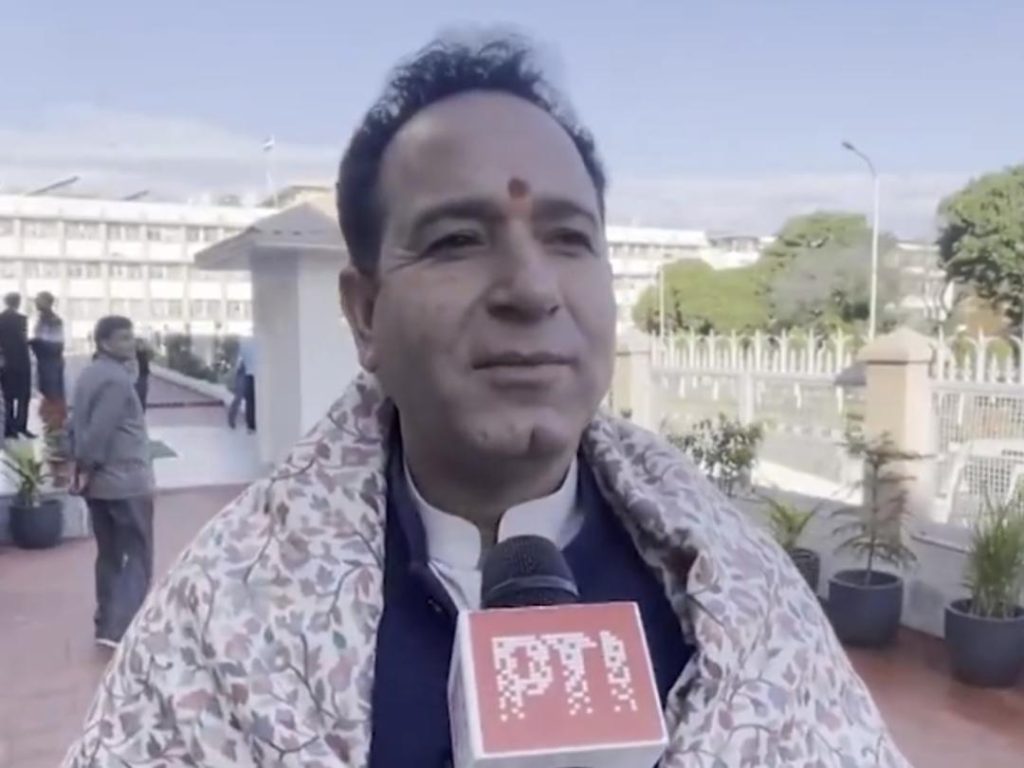
Title: Irrelevant to Discuss Article 370 in J&K Assembly Session: BJP
The recent Jammu and Kashmir Assembly session has been marked by intense political debates and discussions. However, the Bharatiya Janata Party (BJP) has made it clear that it is not interested in discussing Article 370, a contentious issue that has been a bone of contention between the Centre and the state. In an interview, BJP MLA and Leader of Opposition (LoP) in the Jammu and Kashmir Assembly, Sunil Sharma, stated that discussing Article 370 in the assembly would be a waste of time.
According to Sharma, the article has lost its relevance, and the current state government has not made any significant promises regarding it. He added that the Jammu and Kashmir Lieutenant Governor (LG) Manoj Sinha’s address to the assembly did not reflect the promises made by the state government. This statement has sparked a heated debate, with many political experts and commentators interpreting it as the BJP’s attempt to avoid discussing the sensitive issue.
Article 370, which was introduced by the erstwhile princely state of Jammu and Kashmir’s Constitution, grants special status to the state. It allows the state to have its own constitution, flag, and even its own laws in certain areas. However, the article has been a subject of controversy, with many arguing that it is discriminatory and hinders the state’s integration with the rest of the country.
The BJP, which has always been critical of Article 370, has been pushing for its abrogation. In 2019, the Centre, led by Prime Minister Narendra Modi, abrogated the article, which led to widespread protests and violence in the state. The move was seen as a major step towards integrating Jammu and Kashmir with the rest of the country, but it also led to a significant backlash from the people of the state.
Since then, the Jammu and Kashmir government, led by the People’s Democratic Party (PDP) and the National Conference (NC), has been demanding the restoration of Article 370. The Centre, however, has been firm in its stance, arguing that the article is no longer relevant in the modern era and that it hinders the state’s development.
Sharma’s statement has been seen as a clear indication of the BJP’s stance on the issue. By saying that discussing Article 370 in the assembly would be a waste of time, Sharma is implying that the issue is no longer relevant and that the state government should focus on more pressing issues.
However, many political experts argue that Sharma’s statement is a clear attempt to avoid discussing the issue. By dismissing Article 370 as irrelevant, Sharma is trying to sidestep the issue and avoid any discussion on the Centre’s move to abrogate the article.
The statement has also sparked a debate on the role of the Centre in the state’s politics. Many argue that the Centre has been trying to impose its will on the state, rather than giving it the autonomy it deserves. The abrogation of Article 370, they argue, is a clear example of the Centre’s attempt to control the state’s politics.
On the other hand, the BJP and its allies argue that the Centre’s move was necessary to ensure the state’s integration with the rest of the country. They argue that Article 370 was a hindrance to the state’s development and that its abrogation has opened up new opportunities for the state’s growth.
The debate on Article 370 is a complex one, with both sides presenting strong arguments. While some argue that the article is discriminatory and hinders the state’s integration, others argue that it is a necessary step towards preserving the state’s unique identity.
In conclusion, Sunil Sharma’s statement that discussing Article 370 in the Jammu and Kashmir Assembly would be a waste of time has sparked a heated debate on the issue. While the BJP has been critical of Article 370, many argue that the Centre’s move to abrogate it was a clear attempt to impose its will on the state. The issue remains a contentious one, with both sides presenting strong arguments. As the debate continues, it remains to be seen how the state government and the Centre will approach the issue and what the future holds for Jammu and Kashmir.



